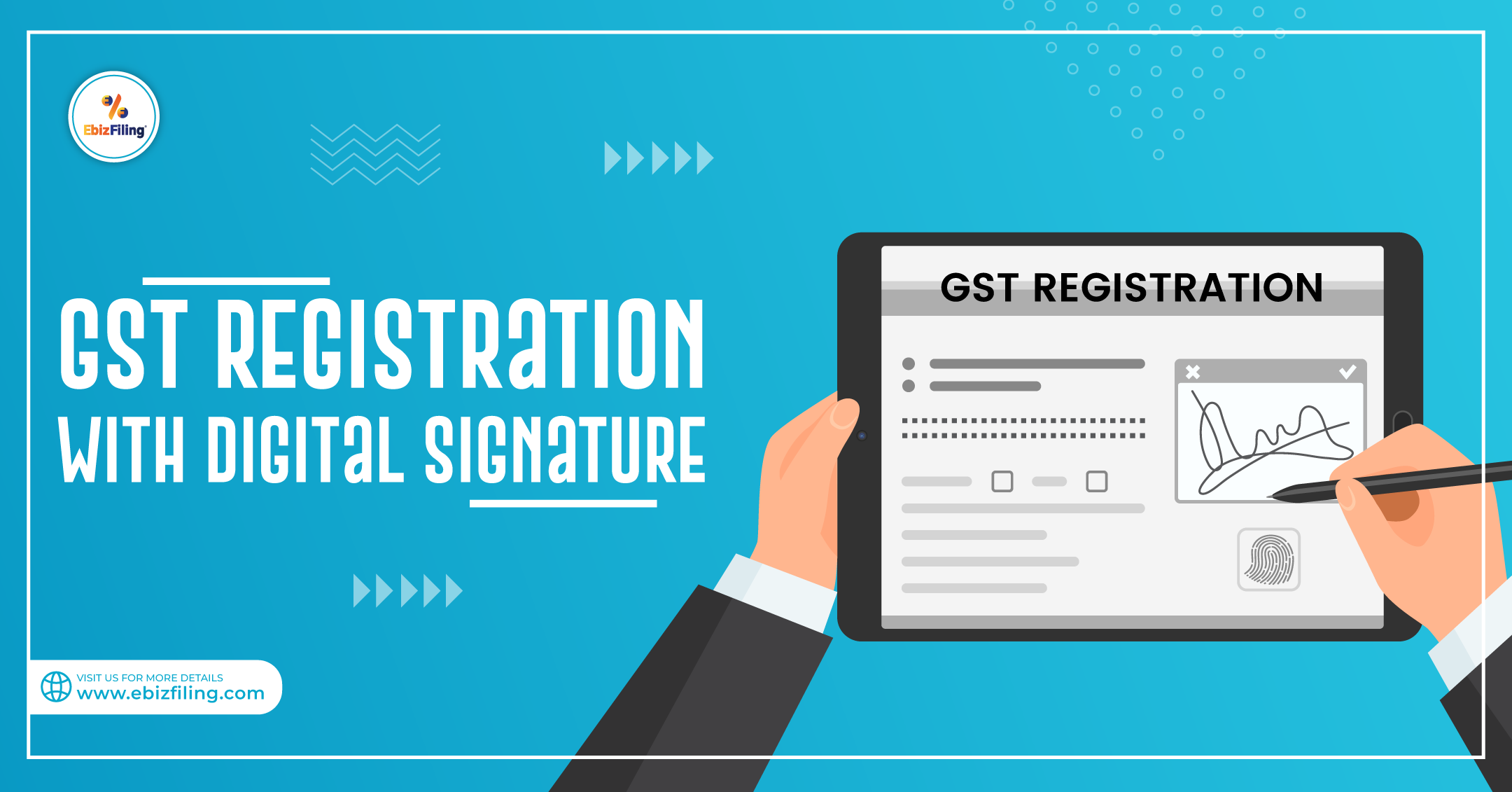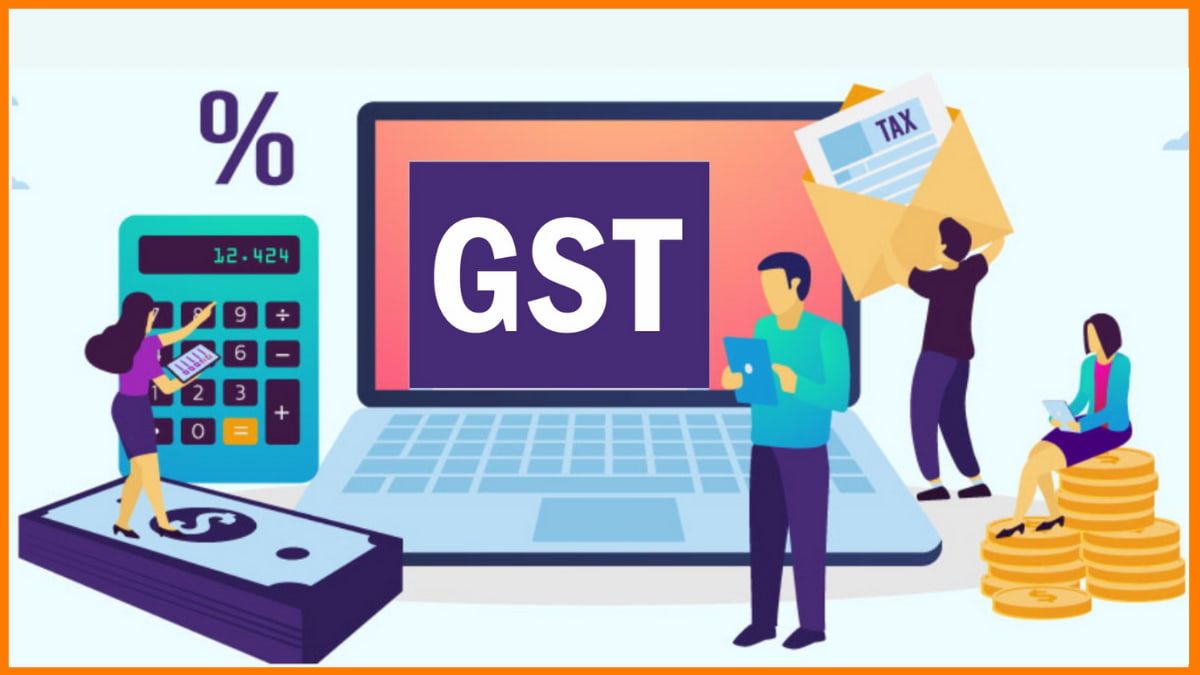Comprehensive Guide to the most effective GST Registration Services in Singapore
Comprehensive Guide to the most effective GST Registration Services in Singapore
Blog Article
Throughout: The Ultimate Roadmap to GST Enrollment for Businesses Seeking Financial Stability
Navigating the complexities of Goods and Provider Tax Obligation (GST) enrollment is a critical step for businesses making every effort for monetary stability. From comprehending the essential concepts of GST to conforming with post-registration guidelines, the procedure can seem daunting initially look. Nevertheless, breaking down the roadmap right into manageable steps can improve the enrollment trip for companies aiming to enhance their financial standing. Let's check out the essential components that make up this ultimate roadmap and uncover how each stage adds to laying a solid foundation for financial success.
Understanding GST Basics
Delving right into the fundamental principles of Product and Solutions Tax Obligation (GST) is necessary for obtaining a detailed understanding of its implications on companies and the economic situation. Input Tax Credit History (ITC) is a significant function of GST, enabling organizations to declare credit rating for tax obligations paid on inputs, lowering the overall tax worry. Understanding the fundamentals of GST is vital for organizations to abide with tax obligation regulations, manage their financial resources successfully, and contribute to the nation's financial growth by taking part in a clear tax system.
Qualification Standards for Enrollment
As of the existing policies, the threshold limit for GST registration is an annual accumulation turnover of 40 lakhs for services running within a state, except for special classification states where the restriction is 20 lakhs. Furthermore, specific companies are called for to register for GST irrespective of their turn over, such as interstate vendors, laid-back taxed persons, and services responsible to pay tax under the reverse fee device. It is vital for businesses to thoroughly examine their turn over and transaction kinds to determine their GST enrollment commitments properly.
Papers Needed for Enrollment
Having met the eligibility requirements for GST enrollment, companies must currently guarantee they have the requisite documents in position to continue with the registration process successfully. The records needed for GST enrollment usually consist of evidence of business constitution, such as collaboration action, registration certification, or incorporation certification for various sorts of organizations. Furthermore, services require to give documents establishing the primary workplace, such as a rental arrangement or electricity expense. Frying pan card of the service, along with the identity and address evidence of promoters/partners/directors, are essential for verification purposes. Financial institution account statements, in addition to terminated cheques or a copy of the bank passbook, are required to validate the financial details provided throughout enrollment. Additionally, businesses should have digital signatures all set for the authorized signature. Guaranteeing all these documents are arranged and easily available will expedite the GST registration Related Site procedure, allowing companies to abide by tax laws effortlessly.
Step-by-Step Registration Refine
Commencing the GST enrollment process entails a series of organized steps to make certain a compliant and seamless registration for businesses. The primary step is to visit the GST website and complete the registration kind with precise information of the organization entity. Following this, the applicant obtains a Short-term Recommendation Number (TRN) which is used to resume the application procedure if it's not finished in one go.
Following, all needed files according to the list supplied content by the GST portal need to be posted. These documents normally consist of evidence of business identity, address and registration proofs of marketers, monetary statements, and service entity's frying pan card.

Post-Registration Conformity Standards

Conclusion
To conclude, organizations seeking financial stability has to recognize the essentials of GST, meet qualification requirements, gather essential papers, follow the step-by-step enrollment process, and comply with post-registration standards - Best GST registration services in Singapore. By sticking to these actions, businesses can make sure conformity with tax guidelines and keep monetary security over time
Furthermore, particular businesses are required to register for GST irrespective of their turn over, such as interstate distributors, casual taxed individuals, and businesses liable to pay tax under the reverse cost device.Having actually met the qualification criteria for GST registration, businesses need to now guarantee they have the requisite papers in area to continue with the registration procedure efficiently. The files needed for GST enrollment commonly include evidence of company constitution, such as partnership action, registration certificate, or incorporation certification for various kinds of companies. Furthermore, services need to supply documents establishing the primary area of service, such as a rental arrangement or electrical power bill.Beginning the GST enrollment procedure includes a collection of structured steps to make sure a certified and seamless enrollment for businesses.
Report this page